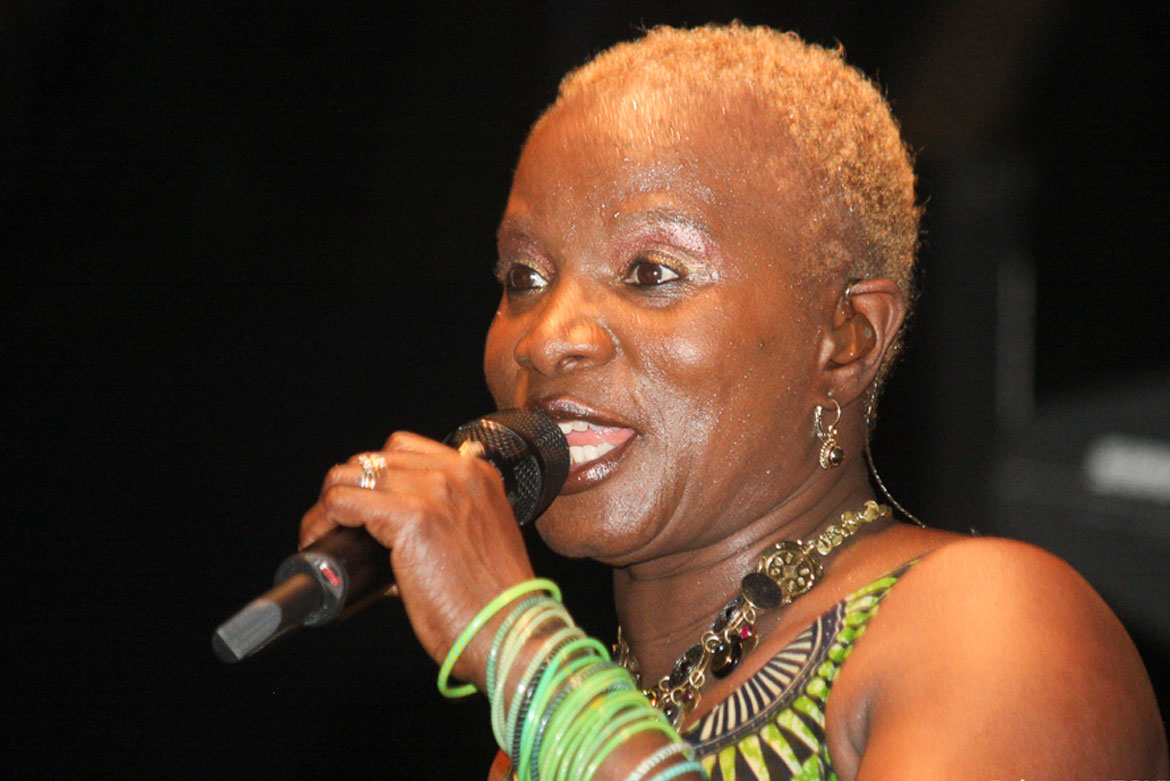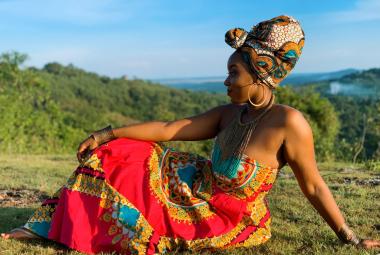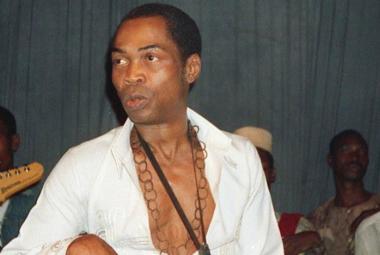With a fourth Grammy Award in her purse in 2020, Angélique Kidjo has now acquired recognition that is the pride of both Beninese and Africans. But the international star of Beninese origin has probably not finished talking about her on the international scene. Both in the field of music and its civic commitments.
In 2020, Angélique Kidjo received her third Grammy Award for Best World Music Album for “Celia”. A tribute to Celia Cruz. The “queen of salsa” who meant a lot in her life as an artist. Especially since she inspired him enormously too. And four for the African artist of Beninese origin who dedicated his trophy to the young Nigerian artist Burna Boy who was also in competition. Not without insisting on saying: “4 years ago, on this same stage, I warned you that a young generation of African artists was preparing to take you into a musical storm. This time has come. This title is for Burna Boy. He is one of those young artists who change the way people look on our continent”.
At the 2015 edition of the Grammy Awards, Angélique Kidjo had already won a second trophy with "Sings". And this after that of 2014 with “Eve”. One more among the many distinctions of the African star of the song of Beninese origin. Honored for her song "Eve" in tribute to African women, she hinted that "This album (Editor's note: "Eve") was dedicated to the women of Africa, their beauty and their resilience". And two Grammy Awards for Angélique Kidjo who received it on the podium of the Staples Center in Los Angeles, United States. And the winner added: “I wanted the world not to see African women only through the prism of rape and misery. They also have a decent life...”
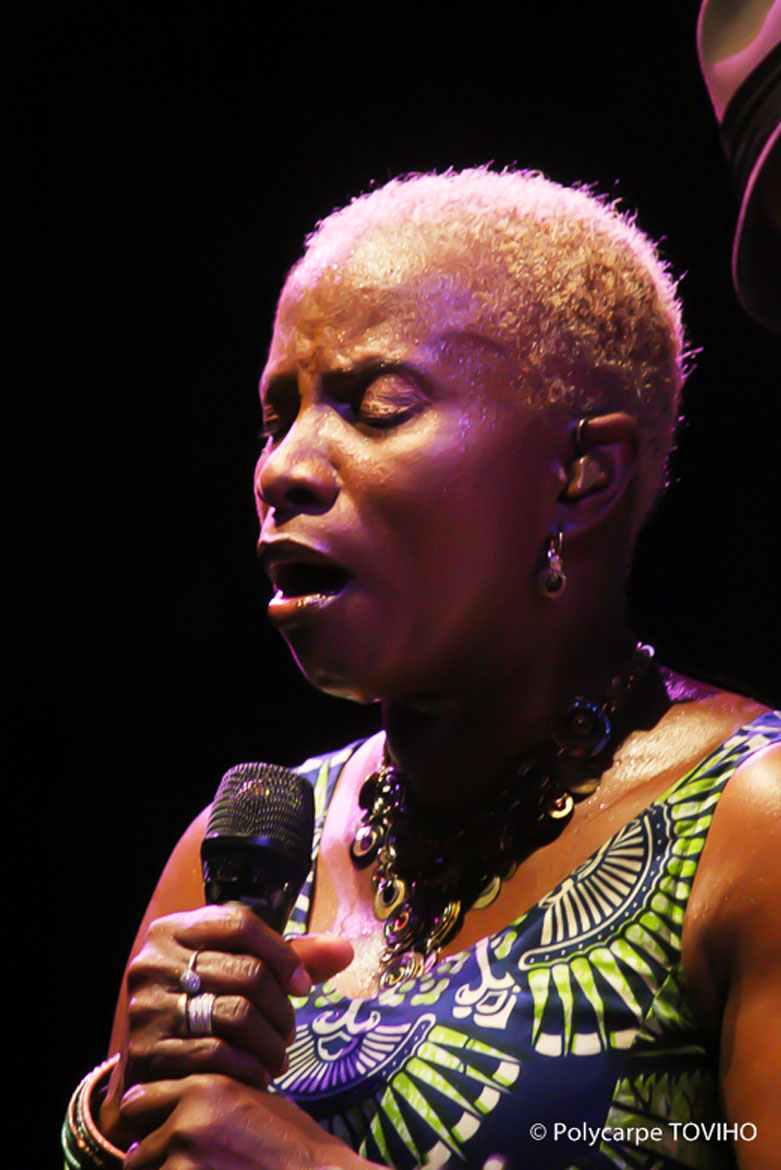
Competing for the same trophy was Brazilian star singer Sergio Mendes facing Angélique Kidjo. “Eve” which brought him back to his native Benin and several other African countries, and was performed in concert with groups such as the Orchester philharmonique du Luxembourg or the independent rock band Vampire Weekend.
After her first Grammy in 2007 thanks to "Djin Djin" which was the result of a collaboration with legendary guitarist Carlos Santana and R&B star Alicia Keys, the Beninese singer, Angélique Kidjo, was thus honored for a second time. with ÕŸÖ in 2010, a third time with “Eve” in 2014, and a fourth time with “Celia”. And it's probably not over... Far from it. And for good reason, Angélique Kidjo is not only a voice or an extraordinary stage presence, it is also an activism and an unconditional commitment to gender. Especially in favor of the status of women in this motherland Africa where the socio-economic emancipation of women remains a constant fight. Even if she has settled between New York and Paris for several years, the international star of the song has remained closely linked to her country and her continent as a child the rest through her umbilical cord from her mother.
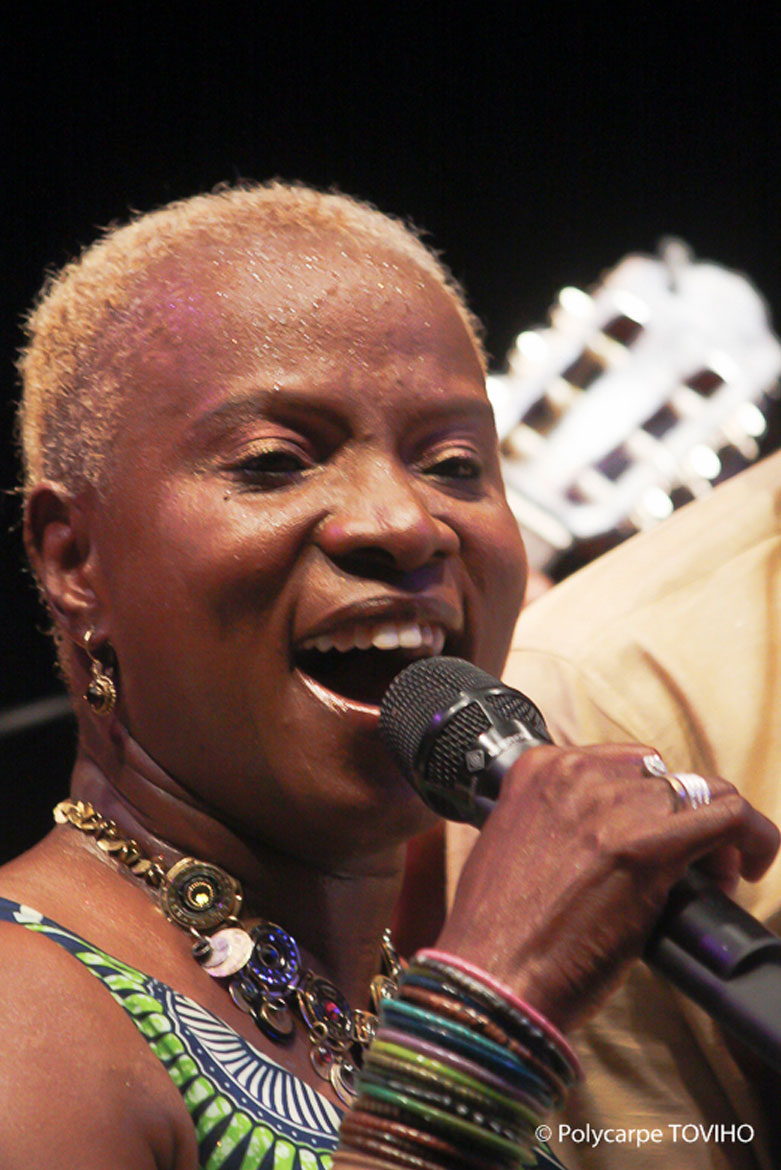
Born in Ouidah to a father belonging to the Fon ethnic group and a mother to the Yorouba ethnic group from Benin, Angélique Kidjo's journey could not be more inspiring for many young artists or young women quite simply. The international star of Beninese and African song has had a passion for music in her body since her college years in Cotonou. And, in this, she is an example of perseverance and self-sacrifice. Even if we can say that she already had the example of her brother Oscar Kidjo to trace her own path. In 1983, when she took the plunge to continue her studies in Paris, France, her life would experience a new chapter. Ar it is there that she meets at the Musical Information Center (CIM) Jean Hebrail, a musician and composer who will become her husband. Since then, it is with him that she has written most of her music.
For the BBC, she is one of the 50 icons of the African continent. For Time Magazine, she is the “first African diva”. According to The Guardian, she is one of the 100 most influential women in the world. As for Forbes Magazine, she is the first woman to be entitled to a place in the list of the 40 most important celebrities in Africa. And according to the Daily Telegraph, she is the "undisputed queen of African music". Her: Angélique Kidjo has just won a second Grammy Award at the Staples Center in Los Angeles, USA.
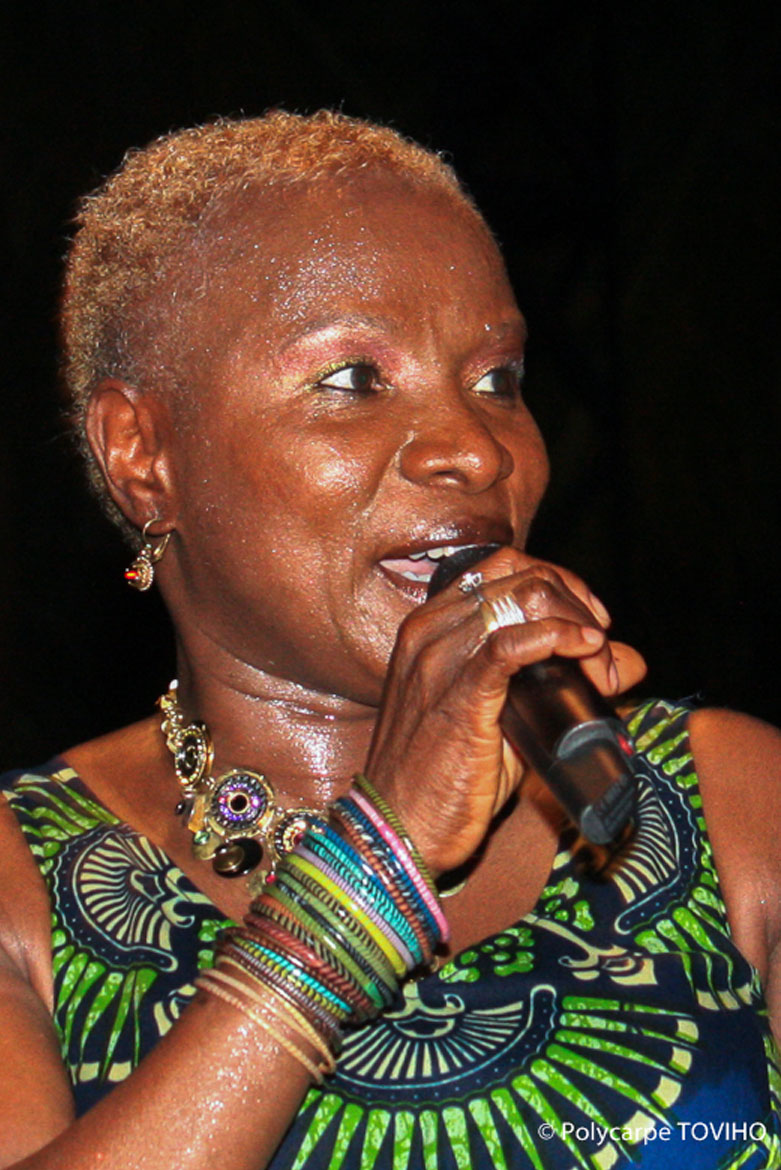
Angélique Kidjo is not an artist like the others. Her commitment to several causes earned him as much admiration as his music. In addition to her fights for the fight against climate change and the improvement of public health in Africa, she has been a UNICEF Goodwill Ambassador since 2002 through her Batonga Foundation.
On September 15, 2021, Time Magazine included Angélique Kidjo in its annual list of the 100 most influential people in the world. As for the BBC (British Broadcasting Corporation), it had counted him among its fifty icons of the African continent. For the BBC, she is one of the 50 icons of the African continent. According to The Guardian, she is one of the 100 most influential women in the world. As for Forbes Magazine, she is the first woman to be entitled to a place in the list of the 40 most important celebrities in Africa. And according to the Daily Telegraph, she is the “undisputed queen of African music”.
Discography
1980 : Pretty (sorti en Afrique uniquement)
1985 : Ewa Ka Djo (let's dance) (sorti en Afrique uniquement)
1990 : Parakou
1991 : Logozo
1994 : Ayé
1996 : Fifa
1998 : Oremi
2001 : Keep On Moving: The Best Of Angelique Kidjo
2002 : Black Ivory Soul
2004 : Oyaya!
2007 : Djin Djin
2010 : Õÿö
2012 : Spirit Rising (Live)
2014 : EVE
2015 : Sings (With The Orchestre philharmonique du Luxembourg)
2018 : Remain in Light
2019 : Celia
2021 : Mother Nature
Par Jean Kébayo



